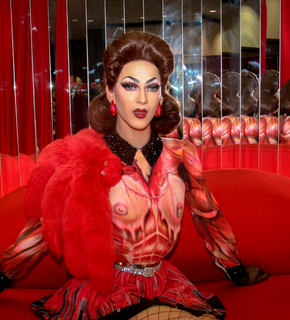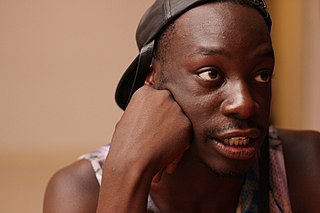A Quote by Darin Strauss
It's a very performative thing, grief. As with so much in modern life, I think there's a whole performative layer to what we do because we feel like there's a private TV show viewing our lives.
Related Quotes
What podcasts can do in order to liven up the talk show area of TV is bring new personalities and unique worldviews into the fray in a way that's not going to be filtered through the whole Q-rating thing. I think there's a whole new layer of doing things that TV is behind the Internet in figuring out.
There are no private lives. This a most important aspect of modern life. That one of the biggest transformations we have seen in human life in our society is the diminution of the sphere of the private. That we must reasonably now all regard the fact that there are no secrets and nothing is private. Everything is public.
I think it's hard sometimes for people to grapple with the real-life consequences of political change. I think that, we as a culture, feel like politics is one sector of our lives that can feel apart from our personal lives and the cultural things we're interested in and the sports we watch. It feels like this separate, different thing.
The interesting thing about grief, I think, is that it is its own size. It is not the size of you. It is its own size. And grief comes to you. You know what I mean? I’ve always liked that phrase “He was visited by grief,” because that’s really what it is. Grief is its own thing. It’s not like it’s in me and I’m going to deal with it. It’s a thing, and you have to be okay with its presence. If you try to ignore it, it will be like a wolf at your door.






































